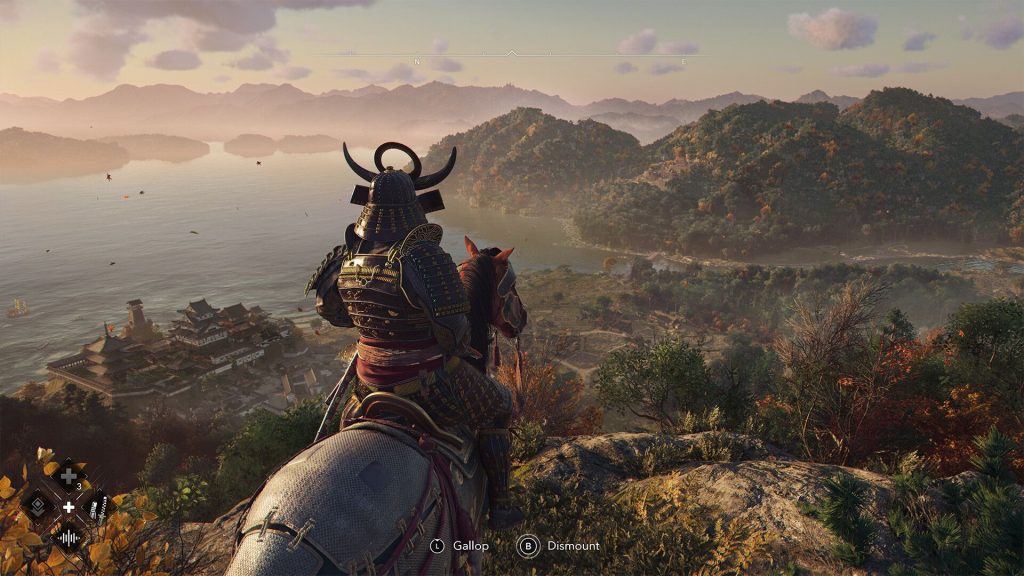Video games often revolve around the concept of power fantasy, allowing players to step into the roles of extraordinary heroes capable of remarkable feats unattainable in real life. These characters can be unstoppable warriors who conquer vast armies, find love with stunning partners, or explore the universe on thrilling quests. However, the medium also recognizes the significance of maintaining balance.
No matter how powerful a character may be, a player is unlikely to connect with them or their experiences unless there’s a challenge to empathize with, both in terms of story and gameplay mechanics. You can place me in an exciting battlefield equipped with impressive weapons and abilities, but if I can easily defeat enemies without any effort, what’s the point? This dilemma is evident with Yasuke in Assassin’s Creed Shadows.
Yasuke Is Too Powerful For His Own Good
You control Yasuke during the game’s introduction, meeting Oda Nobunaga for the first time before joining his Shogunate. The game then jumps forward to a battlefield, where our hero effortlessly cuts down numerous bandits. Playing as Yasuke is enjoyable as he dispatches foes with ease, but this overwhelming power is why he is kept away for a significant portion of the ten-hour experience.
Initially, Assassin’s Creed Shadows has a slow start, placing you in control of Naoe around the flourishing region of Settsu, where you make allies, set up a hideout, and uncover your motives for fighting. This effective introduction allows exploration across the world map while guarding against higher-level areas. Sticking to your base enables you to learn mechanics and refine your shinobi skills, which mostly feels rewarding.
So I Never Want To Play As The Unstoppable Samurai
By the time Yasuke is available to play consistently alongside new features like poorly explained wanted levels, Shadows seems to find its rhythm. Despite this, I still feel uneasy about the decision and hope things improve. Naoe can withstand only a few hits before dying, yet her proficiency with weapons allows victory in most fights through strategic parrying and dodging. Conversely, Yasuke’s overwhelming strength undermines the enjoyable combat mechanics.
While Yasuke’s character development is superior to Naoe’s, detailing his narrative journey— a foreigner seeking purpose in a new land following his master’s demise— is unfortunately rushed once he becomes part of the team. He inadvertently caused Naoe’s father’s death, but their friendship quickly seems to overshadow that trauma. The game often follows micro-stories of individual targets rather than crafting a cohesive narrative, leaving insufficient motivation to care about Yasuke’s struggles.
Yasuke’s immense power diminishes the necessity for careful combat tactics. The contrast between him and Naoe is stark, with Yasuke effectively negating the need for dodging, parrying, or deliberate combat decisions. While he does offer different weapons and abilities, the game lacks clear guidance, and his inability to perform basic parkour maneuvers adds frustration to the gameplay. Thus, I find myself opting to avoid using Yasuke whenever possible.



